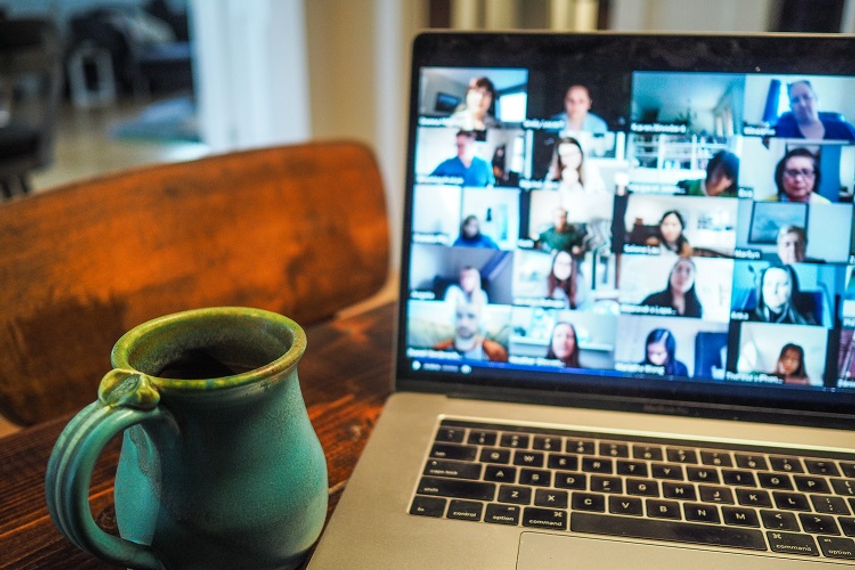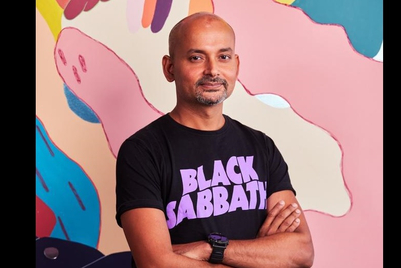
A lot has been said about 2020 and how it has changed lives. The way people work, interact and move about has transformed, bringing with it a new world order. Businesses have changed, and advertising agencies have had to quickly adapt.
A quintessential aspect of the advertising business – pitches – have become that much harder thanks to the pandemic. With marketing budgets already under threat, agencies have to put in more work than ever to bring in new businesses. However, so much of the pitching process has historically depended on face-to-face meetings – co-ordinating with a multitude of people to create winning work, the dry runs before the meeting, the chemistry between clients and agency folk, post-pitch celebrations – almost the entire process requires in-person interactions. Or did it?
Campaign India found out how the industry has been coping with the good, the bad and the funny bits of pitching during a lockdown.
Where’s the instruction manual?
Pitches are already tough on a normal day, but their difficulty level escalates when agencies are armed with just a screen and a presentation to make an impression. Vikram Pandey, national creative director, Leo Burnett India, admits to grappling at the start but how the agency is just about short of becoming the “experts”. On a more serious note, he says, “Pitches are important, and to come across well on your first impression isn’t easy especially when it’s virtual.” Planning and rehearsals go a long way in delivering a good impact, he says.
However, Grey Group’s chairman and group CEO, Anusha Shetty feels that the playing field has opened up thanks to the online way of working. “Meeting rooms became borderless in the COVID-19 phase. Geographies didn’t matter; what mattered were capabilities, skills and relevant experience to connect with the brand and the industry.”
Collaboration is key, but someone’s changing the locks
On the agency side, a new business pitch can involve a staggeringly large number of people. Teams from creative, strategy, account management, digital, production and studio work for days. And finally, the fruit of their labour boils down to that one make-or-break presentation.
Garima Khandelwal, chief creative officer, Mullen Lintas, feels the biggest challenge is the co-ordination on the night before the pitch. Even the last-minute discussions in the car ride to the meeting aren’t possible now. “You can never be prepared enough for everything; the network and technical glitches follow Murphy’s Laws.” In terms of the actual presentation, she believes the storytelling, or the grasp of it, is lost sometimes.
Being able to gather all teams into a conference room and discuss feedback was easier in the pre-pandemic era. Tweaking and polishing the work was much quicker, which has now transformed into ‘waiting to review’ the work’ time.
Axon Alex, managing partner, Jack in the Box Worldwide suggests a way to make the process more efficient. “One way is to spend more time bettering the craft of the non-craft – scribbles, the (sometimes incoherent) notes and wireframes – that allow for more tweaking rather than the finished work.”
On a macro level, it’s as Pandey puts it: virtual pitches take away the chance of clients peeking into an agency’s culture. However, Shetty doesn’t look at the challenges as challenges. In fact, there’s nothing about the new pitching normal she doesn’t like. “Everything can be done virtually. While we do miss the face-to-face pulse, it’s all still fun and happy.”
The good and bad bits
Alex enjoys the freedom to think in the comfort of his own home. Now, he doesn’t have to find a quiet corner away to avoid the buzz typical of an agency. And then there’s the freedom to dress the way he wants, with a tee-shirt on camera and a lungi off-camera! His two dogs making a cameo during meetings always makes everyone smile, too. “Your own space allows for better thinking in isolation, extends to everyone and encourages more participation when we get together on Zoom.” Post-presentation, Alex loves how he doesn’t have to wait till the day’s end to celebrate with a glass of Tom Collins. “The kitchen is just eight steps away,” he laughs, resting his case in favour of the at-home pitch.
“It’s wonderful to see clients being extra patient and really appreciative of the efforts we put in,” says Pandey, about them being more accommodating during this time. What he misses is the ‘pitch buzz’, though. Going for a pitch was all about coming together, staying charged and feeling a rush. “The dressing up in all-black and striding into the client’s office felt like we are a team on a mission,” he reminisces. “The team still wears black for an online pitch, but I suspect everyone’s wearing boxers underneath,” he chuckles.
Learnings from online to offline
There are quite a few positives about virtual pitches that ad folk hope to take offline when the time comes. Shetty hopes the borderless, geography-agnostic way of working becomes a norm.
Pandey wants to make more dry-runs the habit over ‘swinging it’. On the other hand, Khandelwal chooses to arm herself with her newfound skill of reading subtle cues in a virtual room.
Alex believes the most critical part of a pitch is to revel in the discomfort. “The at-home ones allow you to get comfortable with what makes pitching the best part of working in an agency – the exciting discomfort of discovering a new category and consumer. Hence, when in-person pitches become the norm again, we’re spending more time with the right discomfort instead of wretched commutes and the noise, moving on to present with a higher sense of attachment and ownership,” he hopes.


.jpg&h=334&w=500&q=100&v=20250320&c=1)

.jpg&h=334&w=500&q=100&v=20250320&c=1)

.jpg&h=334&w=500&q=100&v=20250320&c=1)



.jpg&h=334&w=500&q=100&v=20250320&c=1)
.jpg&h=334&w=500&q=100&v=20250320&c=1)




.jpg&h=268&w=401&q=100&v=20250320&c=1)
.jpg&h=268&w=401&q=100&v=20250320&c=1)


